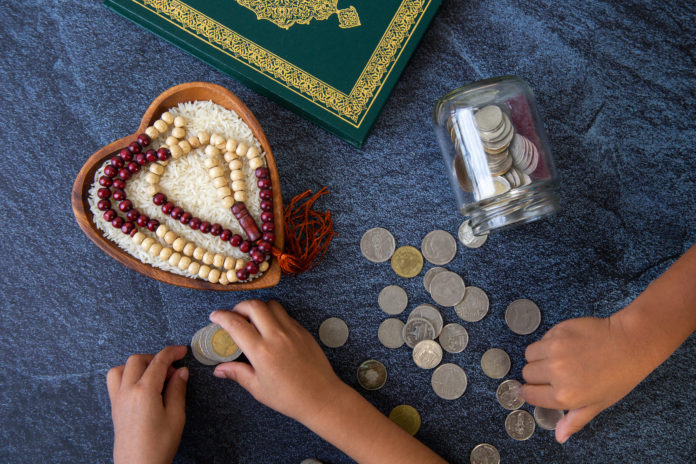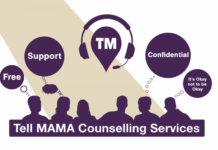A new report by the London-based think tank, the Ayaan Institute, has revealed that British Muslims donate at least £1bn a year to charity, projected to reach £4bn by 2051.
The report, “Aiding the Ummah: Analysing the Muslim Humanitarian Charity Sector in the UK,” says that British Muslim humanitarian charities raised £708m for causes in 2020, which combined with Muslim giving to UK charitable causes (including 2,752 mosques and prayer venues), means £1bn per year is given.
The research also found that:
- There were 1,026 Muslim charities with humanitarian objectives, run by 4,108 trustees, 4,509 employees and 10,127 volunteers.
- There has been a 91% growth in the number of such Muslim charities in the last 20 years.
- In 2020, this sector raised £708m and spent £611m, a £192m or 37% growth in income since 2017. However, the top 20 charities accounted for 76% of that income.
- The charities operated across 90 countries but were focused on 10 nations – Pakistan, Bangladesh, India, Yemen, Syria, Palestine, Somalia, Gaza, Iraq and Gambia.
- In total, 2,074 projects out of 3,171 were carried out in the ten countries (65% of the total). 809 projects were delivered in Pakistan, 529 in Bangladesh, 186 in India, 291 in Arab countries, 138 for Palestinians and 65 in Somalia.
The report recommends ways for charities to become more strategic and effective. It suggests charities should diversify their projects but also be engaged in campaigning, advocacy and anti-Islamophobia work to help advance the lives of their beneficiaries, such as global refugees and displaced people.
It also calls on the media to cover more positive stories about Muslims such as their charitable and community work, to counter negative stories and rising Islamophobia.
The report states: “Muslim charitable giving is one area where the Islamic sentiments of the Ummah and fraternity have been strong. Charitable fundraising for those in need utilises the Ummah and solidarity in campaigns. It is heartening to see that Muslims in the UK involved in humanitarian assistance, are working actively in different parts of the world within the spirit of the Ummah.
“However, whilst that work is vital, very little research has been done on what that work looks like, its effectiveness, and if it accords with the Islamic concepts of welfare rather than contemporary Western notions of charity. With that in mind, and to highlight the positive work of UK Muslim global humanitarian assistance, we set out to examine the work of the Muslim humanitarian sector in the UK. Whilst this work is confined to Muslim charities in the UK, it is worth noting that there are also significant contributions to humanitarian assistance being made around the world by Muslim communities living in the USA, Canada, Australia, and Europe…
Subscribe to our newsletter and stay updated on the latest news and updates from around the Muslim world!
“Since the Global War on Terror in 2001, the work of Muslim charities has increased and been under great scrutiny and pressure. Many charities have faced investigations, constant media intrusion, and scrutiny of their work and activities. Yet the UK Muslim community and charity sector have shown great resilience and commitment, to ensure that the religious obligations of the community toward the least well-off and persecuted continue to be fulfilled.
“The information in this report shows just how seriously Muslim communities take their religious obligations to help the poor and needy around the world. It is in the divinely ordained rituals and obligations of Islam that we find the greatest expressions of Ummah solidarity. The Islamic faith has provided us with the tools to provide for the welfare needs of the Ummah, whether states and politicians are working towards those goals or not.”
Jahangir Mohammed, Director of the Ayaan Institute, added: “The Muslim charitable sector makes a valuable contribution to UK society, economy, the Muslim community and it helps countries around the world through aid and assistance. This work is driven by the Islamic faith and deserves more recognition.”
You can read the full report here.






















